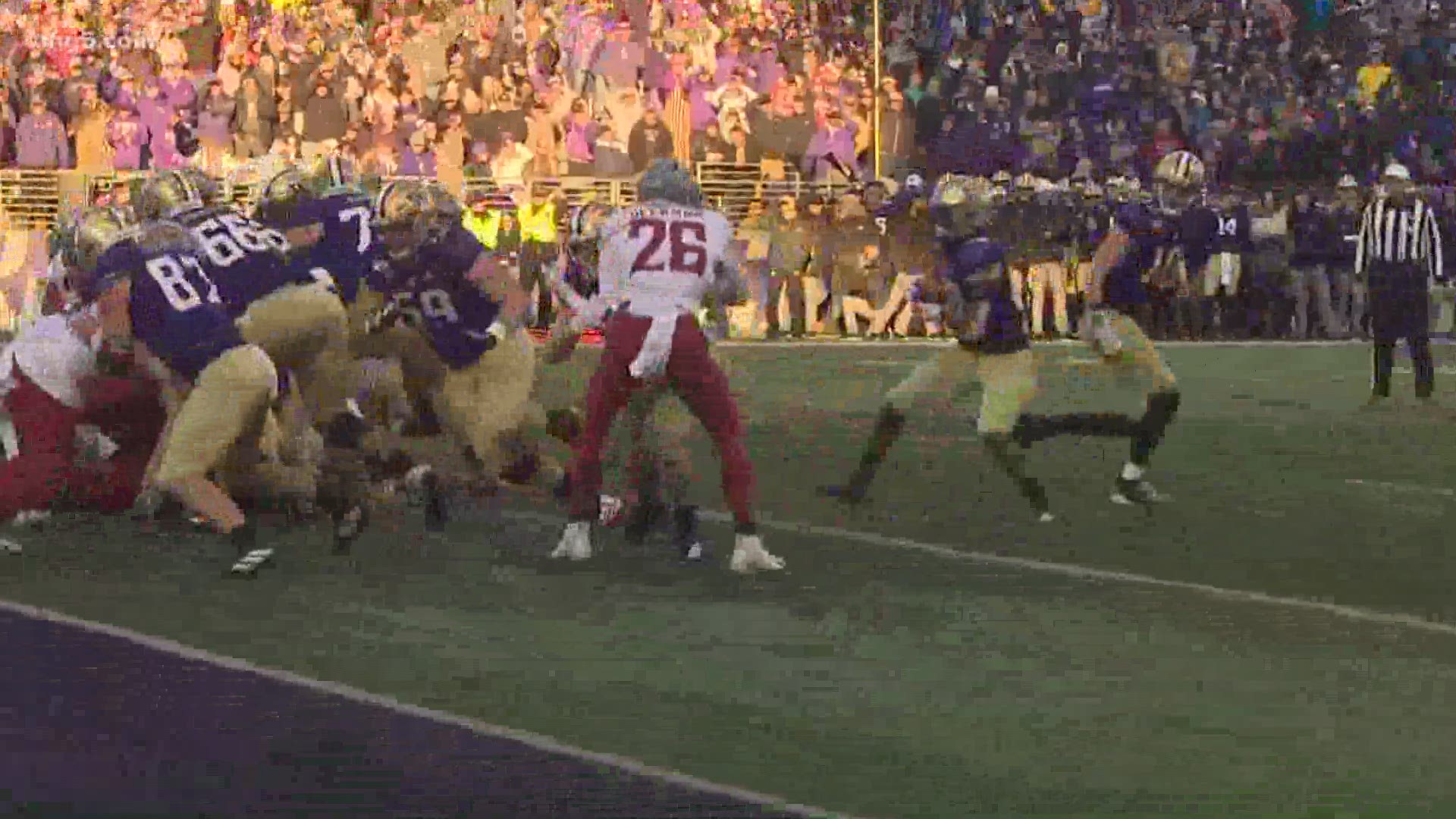The Pac-12 announced on Tuesday that it is canceling all college sports in 2020, including football, due to coronavirus concerns.
Suspending sports, particularly lucrative football programs, comes at a cost.
In Forbes Magazine's 2019 ranking of the 25 biggest programs, the University of Washington ranked 19th, with revenues averaging $92 million in each of the past three full seasons. That effectively creates a profit of $43 million to help support other sports programs.
At Washington State University, a college already trying to dig its way out of a financial hole, was shooting for $78.6 million in revenues for all sports in 2021.
While the financial impact of a canceled season is devastating, officials warned that the health impact on athletes could be even worse.
Pac-12 officials voiced concerns about heart damage in players if they contract the coronavirus, particularly in contact sports.
“We’ve known that COVID is a serious illness for a long time and heart implications from COVID began with the sickest patients,” said Dr. Jonathan Drezner, the director of the Medicine Center for Sports Cardiology at the University of Washington. “…We were learning that approximately one in four might have heart damage, you know, from inflammation or from the infection itself. And it raised concerns about whether or not the virus causes similar issues in people with less severe infections, people with mild infections, or maybe no symptoms.”
The condition is known as Myocarditis. It's usually caused by a viral infection and can weaken the heart if the condition is severe enough.
“I’ve been involved in cardiac screening research for a couple of decades and I can’t remember a time where in such a short period, we’ve identified so many athletes with a condition that we know can cause arrhythmia and even sudden cardiac arrest,” Drezner said.
Drezner is working with other specialists around the country in advising the NCAA on the issue.

